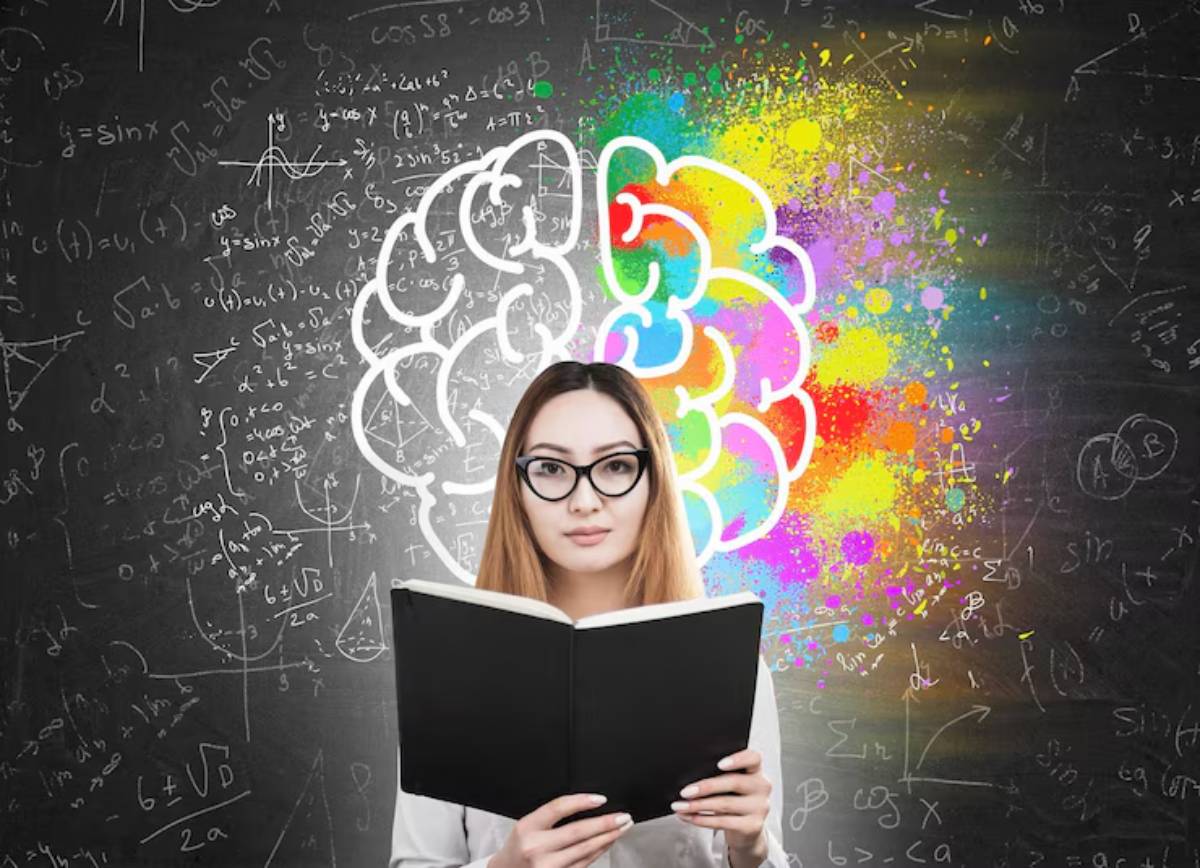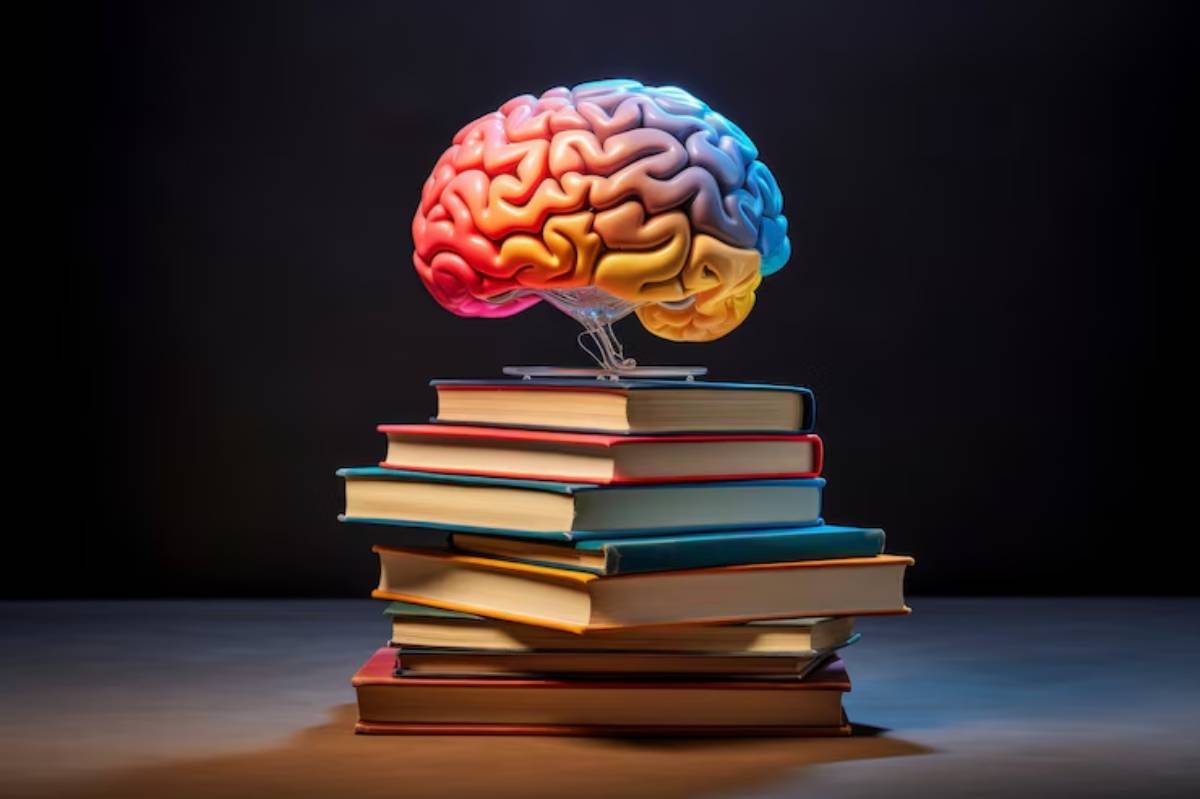
What Cognitive Load Theory Means for Studying
Have you ever sat through a lecture, diligently taken notes, and still felt like nothing stuck? Or perhaps you’ve tried to tackle a complex topic, only to find your mind wandering or shutting down altogether. These experiences are common and often stem from how our brains process information.
Cognitive Load Theory (CLT) comes from educational psychology. It explains the mental effort needed for learning. Using CLT principles helps you make the most of your study time. This way, you can improve your understanding and remember information better.
This article covers the basics of cognitive load theory. We will look at how it affects studying and offer practical tips to manage mental effort. This can lead to better learning results.
Understanding Cognitive Load Theory

The Basics: How Our Memory Works
Cognitive Load Theory, created by John Sweller in the late 1980s, looks at how our working memory has limits. It shows how instructional design can help manage these limits. Our memory system comprises:
- Sensory Memory: Captures information from the environment but retains it for only a few seconds.
- Working Memory: Processes information actively but has limited capacity and duration.
- Long-Term Memory: Stores information indefinitely and has a vast capacity.
Effective learning occurs when information moves from working memory to long-term memory. However, if the working memory is overloaded, this transfer is hindered.
Types of Cognitive Load
CLT identifies three types of cognitive load:
- Intrinsic Load: The inherent difficulty associated with a specific topic. For example, basic addition is simpler than solving differential equations.
- Extraneous Load: The way information is presented, which can either aid or hinder learning. Poorly designed materials increase extraneous load.
- Germane Load: This is the mental effort used to process, build, and automate schemas (mental models). This load is beneficial for learning.
Balancing these loads is crucial. The goal is to reduce extraneous load and manage intrinsic load to free up resources for germane load, thereby enhancing learning.
Why Cognitive Load Theory Matters in Studying

Enhancing Learning Efficiency
Understanding CLT allows students to structure their study sessions more effectively. When learners reduce extra mental effort, they can better understand and use new information.
Reducing Overwhelm and Burnout
Students often experience cognitive overload, leading to frustration and burnout. Using CLT principles helps spot overload signs. It also allows for strategies to reduce stress, which boosts mental health and academic success.
Improving Instructional Design
Educators can use CLT to create teaching materials that match learners’ thinking skills. This way, the content is easy to understand and access.
Practical Applications of Cognitive Load Theory
1. Segmenting Study Material
Breaking down complex information into smaller, manageable chunks helps in reducing intrinsic load. For instance, when studying a lengthy chapter, divide it into sections and focus on one section at a time.
2. Utilising Worked Examples
Worked examples demonstrate the steps required to solve a problem, providing a clear model for learners. This approach reduces extraneous load and supports schema development.
3. Avoiding Split Attention
When learners need to focus on several sources at once, like text and a diagram, it raises their extraneous load. Integrating text and visuals can alleviate this issue.
4. Encouraging Self-Explanation
Asking learners to explain ideas in their own words helps them understand better. This approach boosts their ability to remember and grasp complex concepts.
5. Managing the Complexity of Information
Changing study materials to fit a learner’s skill level helps control their workload. Beginners benefit from simplified content, while advanced learners can handle more complex information.
Expert Tips and Common Mistakes to Avoid
Tips for Effective Studying
- Plan Study Sessions: Allocate specific times for studying to prevent last-minute cramming.
- Use Visual Aids: Incorporate diagrams and charts to represent information visually.
- Practice Retrieval: Regularly test yourself on the material to reinforce learning.
- Teach Others: Explaining concepts to peers can solidify your understanding.
Common Mistakes
- Multitasking: Studying while doing other things splits your focus and adds extra stress.
- Overloading Study Sessions: Studying for long hours without breaks can cause mental fatigue.
- Not Connecting New Information: When you don’t link new info to what you already know, it makes it hard to build understanding.
Advanced Insights and Recommendations
Adaptive Learning Technologies
Using adaptive learning platforms can help manage cognitive load. These platforms change content difficulty based on how well learners perform.
Collaborative Learning

Joining group discussions and working on projects helps share ideas. This lightens individual effort and boosts understanding.
Continuous Feedback
Getting timely feedback helps learners see where they can improve. This leads to better understanding and learning results.
Harnessing Cognitive Load Theory for Academic Success
Cognitive Load Theory offers valuable insights into how we process and retain information. Students can boost their learning by understanding cognitive load types. They can also manage these loads to reduce stress. This leads to better efficiency and academic success.


